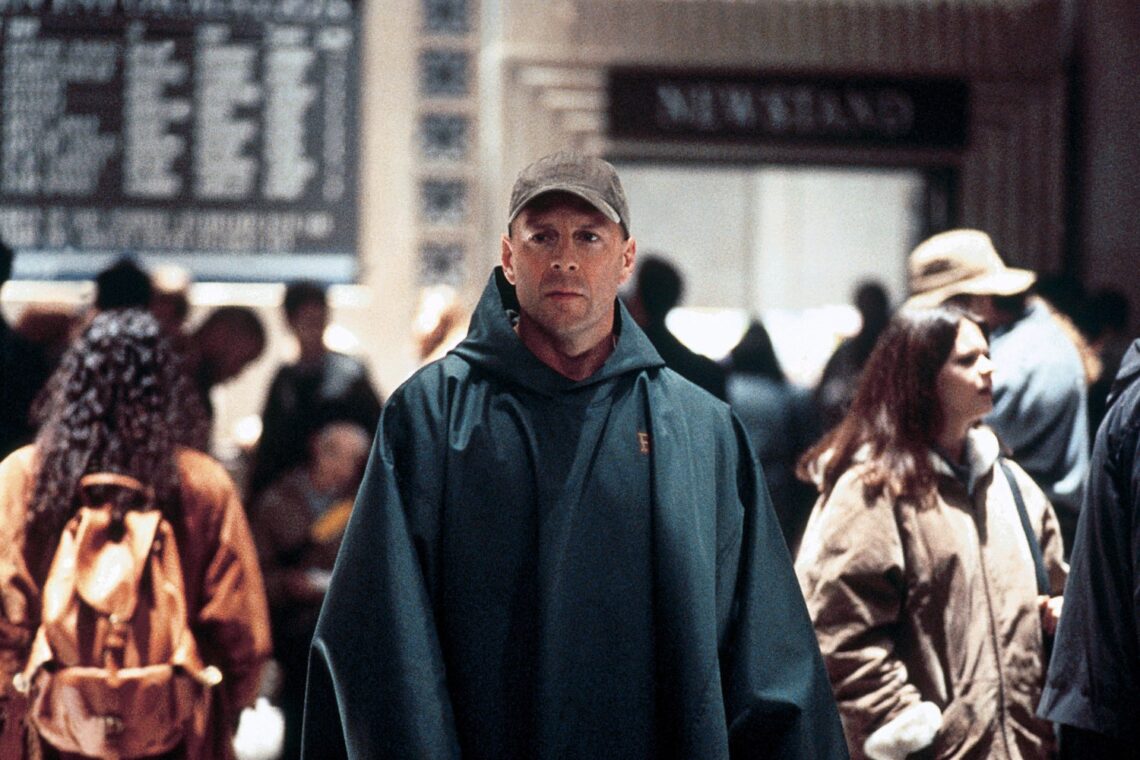M. Night Shyamalan reflects on ‘Unbreakable’ and the evolution of comic book movies
A visionary ahead of his time
In a recent interview, M. Night Shyamalan delved into the journey of his career, particularly focusing on the release of his latest film, Trap. This conversation also brought to light the challenges he faced with the marketing of his 2000 film, Unbreakable. At the time, the studio was hesitant to promote it as a comic book movie, a decision that seems almost unfathomable today given the genre’s current dominance.
The aftermath of ‘The Sixth Sense’
Coming off the monumental success of The Sixth Sense, which grossed $672 million globally and garnered six Oscar nominations, Shyamalan and Bruce Willis were a powerhouse duo. However, the studio’s reluctance to embrace Unbreakable as a superhero film stemmed from a fear of deviating from the horror-thriller formula that had worked so well for them.
“If you deny what it is because you’re afraid of it being different, then you’re stealing all of its strength,” Shyamalan remarked. The studio’s mindset was to replicate the success of The Sixth Sense rather than venture into uncharted territory.
A misunderstood masterpiece
Shyamalan recounted the studio’s resistance to the comic book label, fearing it would deter audiences. “That was literally the thing that was like, no one will go see a movie about a comic book,” he recalled. Despite this, Shyamalan believed in the story’s mythic quality and its potential to resonate with audiences.
Unbreakable tells the story of a man who survives a catastrophic accident unscathed, only to be told he is a real-life superhero. This premise, while groundbreaking, was never fully communicated to the audience due to the studio’s marketing strategy.
The impact of misaligned expectations
The decision to market Unbreakable as a horror-thriller led to significant fan disappointment. “Other people were coming and going, ‘That wasn’t scary,’” Shyamalan noted. This reaction underscored the importance of aligning marketing with the film’s true essence.
Shyamalan learned a valuable lesson from this experience: the necessity of partnering with those who understand and celebrate originality. “If I am going to be the purveyor of original stories for my life, I have to get partners that understand that we’re going to reinvent every single time,” he said.
The rise of the comic book genre
Unbreakable was released in the fall of 2000, shortly after the first X-Men movie began to popularize the comic book genre in Hollywood. However, it wasn’t until Spider-Man in 2002 that the genre truly exploded in popularity.
Today, the landscape of cinema is vastly different. Comic book movies are a dominant force, and Shyamalan’s early work in the genre is now recognized for its pioneering vision.
A new chapter with ‘Trap’
Shyamalan’s latest film, Trap, is now playing in theaters nationwide. This new release marks another chapter in his storied career, one that continues to push boundaries and challenge conventions.
For those interested in exploring Shyamalan’s work further, you can watch the trailer for Trap here.
Personal reflections for enthusiasts
As a cinema and TV series enthusiast, it’s fascinating to reflect on how the perception of genres can evolve over time. Shyamalan’s experience with Unbreakable serves as a reminder of the importance of staying true to one’s vision, even in the face of industry skepticism.
For those who appreciate the intersection of myth and reality, Unbreakable remains a compelling watch. You can revisit the trailer for Unbreakable here.
In the ever-changing landscape of cinema, Shyamalan’s journey underscores the value of innovation and the courage to defy expectations. His work continues to inspire and challenge audiences, proving that originality is a strength, not a weakness.
Dive deeper into Shyamalan’s world
For a more in-depth look at Shyamalan’s career and his thoughts on the evolution of cinema, you can watch his full retrospective interview here.
Shyamalan’s story is a testament to the power of perseverance and the enduring appeal of original storytelling. As we look forward to his future projects, it’s clear that his unique voice will continue to shape the cinematic landscape for years to come.

 Italian
Italian







